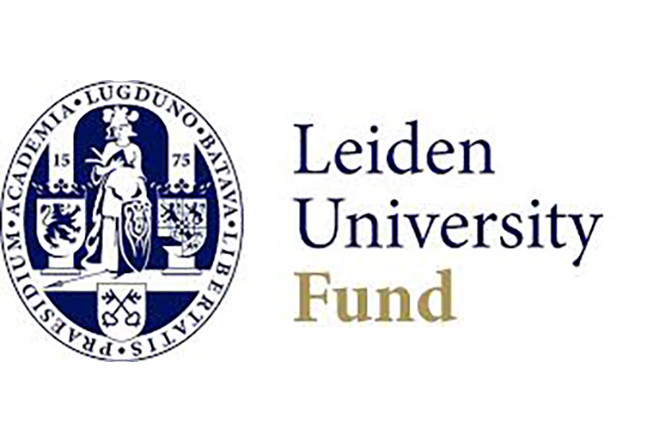Jorian will focus on finding more insights in the non-coding regions of the human genome:
Proteins form the basis of all cellular processes and are encoded in our genome as genes. However, less than 2% of our DNA actually codes for proteins. Additionally, 90% of disease-related genetic variations are found in the remaining 'non-coding' genome. As a result, there is growing interest in this part of the genome, yet its role remains largely unknown. Part of the non-coding genome regulates genes, ensuring that proteins are expressed at the right time and in the right tissue. These regions are called "non-coding regulatory elements" (NCREs). Recently, the lab of Baoxu Pang has designed a method to systematically and on a large scale disable NCREs to determine their role more precisely. With the support of the Leiden University Fund, Jorian aims to refine this technique and further develop NCRE research using single-cell technology. This will allow for a more accurate identification of relevant NCREs and provide deeper insight into the role of these NCREs at the cellular level. This approach is being implemented in an ongoing project focused on using NCREs to combat leukemia. Collectively, this research will contribute to both a fundamental biological understanding of NCREs and direct clinical applications.
Virginie obtained this grant for her work with pathogens;
Microbes have evolved many strategies to survive and replicate within their host. Some pathogens can enter within host cells and reorganize the intracellular architecture to avoid being degraded and instead harvest the cellular nutrients to grow. This cellular reorganization is controlled by pathogen proteins secreted in the host cell. While each of these proteins can hijack different cellular pathways, it is challenging to determine their individual functions as dozens of bacterial proteins act simultaneously with both overlapping and antagonist effects.
Thanks to the support of the Gratama-Foundation and the Leiden University Fund, Virginie will develop a unique tool to follow the cell's reorganization upon expression of a single pathogen protein. This tool relies on (1) the development of cell lines that can express individual pathogen protein upon induction, (2) the use of micropatterns providing an initial identical organization to all the observed cells, and (3) live microscopy and image analysis of the cell reorganization. This tool will be set up using the proteins expressed by the pathogenic bacteria Salmonella and can be applied to the study of many intracellular pathogens, including viruses and parasites. Reaching an in-depth understanding of the pathogen strategies to survive in host cells will open new opportunities for the development of future anti-infection therapy.
